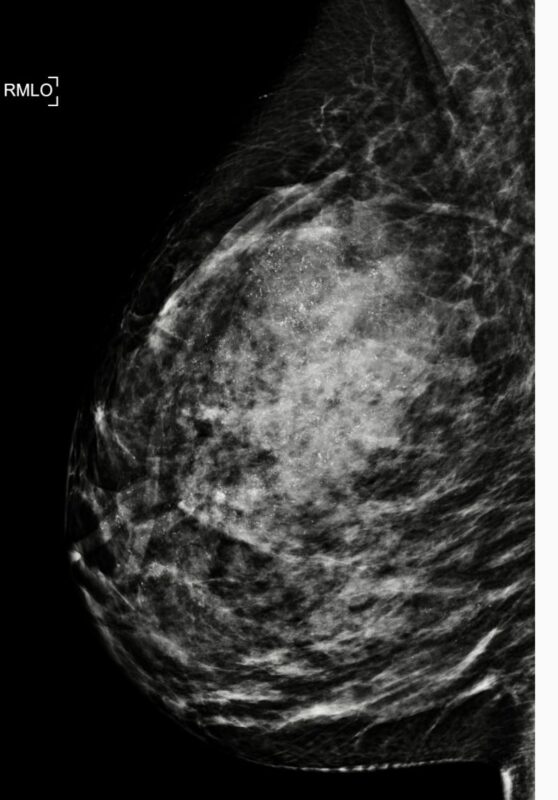Kefah Mokbel, Chair of Breast Cancer Surgery at London Breast Institute and Honorary Professor of Medicine at Cardiff University School of Medicine, shared a post on LinkedIn:
“Rethinking Surgery for DCIS!? Radiotherapy Alone Shows Promising 10-Year Survival in Select Patients.
A new study published examines a provocative question: could radiotherapy (RT) alone be a safe and effective alternative to surgery in selected cases of ductal carcinoma in situ (DCIS)?
What the study found:
- The researchers analysed data from the Surveillance, Epidemiology, and End Results (SEER) Program database, including 2,363 patients with DCIS who did not have surgery.
- After matching, they compared groups who received RT only vs those who received no local treatment. Results at 10 years were striking:
- Overall survival: ~93.2% with RT vs ~78.1% without.
- Breast cancer–specific survival: ~99.5% with RT vs ~90.5% without.
- Invasive breast cancer progression: ~4.2% with RT vs ~13.4% without.
- Key positive predictors of benefit: tumour in the upper‐outer quadrant, cribriform histology, hormone‐receptor positive status.
- Key risk factors for progression: tumour size > 10 mm, high grade (III/IV), hormone‐receptor negative status.
Why this matters:
- DCIS is increasingly diagnosed, raising questions about overtreatment.
- Surgery has long been the standard of care – but the idea of safe “non‐surgical” management in selected patients is gaining traction.
- This study suggests that RT alone may be a realistic option for some DCIS patients, potentially reducing surgical morbidity while preserving excellent outcomes.
- It points toward personalized local therapy: selecting patients based on clinicopathological features to optimise benefit and minimise harm.
Important caveats:
- This was a retrospective cohort study using registry data, not a randomized controlled trial.
- Data limitations: HER2 status, margin status, Ki-67, comorbidities, and salvage treatment details were missing.
- Findings may not generalize across all healthcare settings (e.g., screening practices, population mix).
- The authors emphasize that not all DCIS should forgo surgery—patient selection remains key.
Take-away for clinicians and patients alike:
For patients with low‐risk DCIS (small size, lower grade, hormone‐receptor positive, favourable location/histology), RT alone may be a viable option—not in every case, but worth discussing as part of a shared‐decision conversation. As a clinician, this adds an extra dimension to risk‐stratified treatment planning. For patients, it offers hope of less invasive management if they are appropriate candidates.”

Title: Radiotherapy as a surgical alternative in ductal carcinoma in situ (DCIS): long-term survival benefits and predictors of invasive progression risk
Authors: Ziyu Zhu, Zijie Guo, Shenkangle Wang, Mingpeng Luo, Xixi Lin, Qingliang Wu, Linbo Wang, Jichun Zhou
Read the Full Article.

More posts featuring Kefah Mokbel on OncoDaily.


